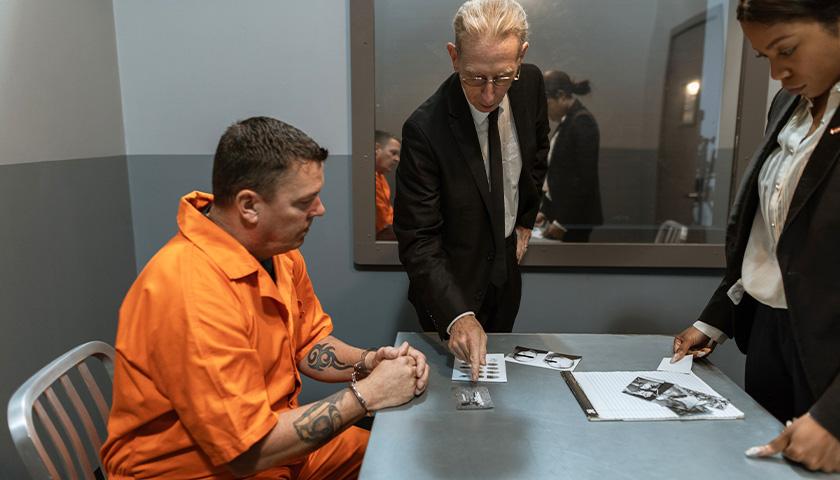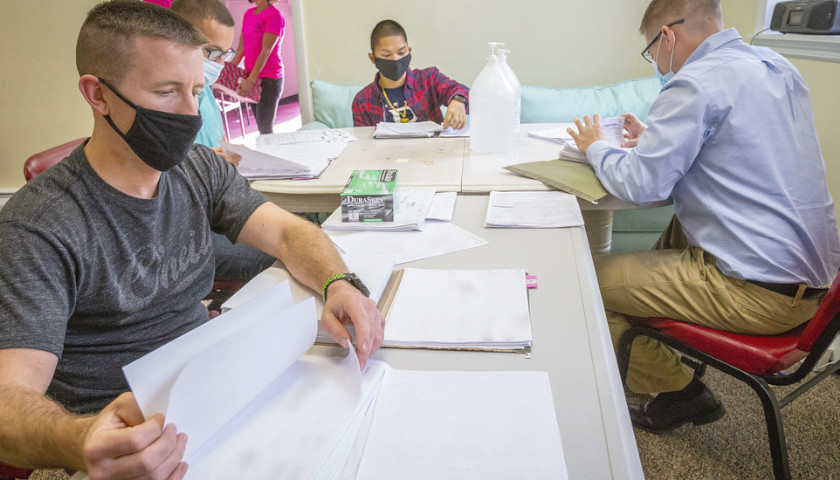Pennsylvania State House of Representatives this week approved a bipartisan expansion of the commonwealth’s “clean slate” policy affecting those with low-level, drug-related felony convictions.
The measure, which passed 189-14, builds on a 2019 policy that made the Keystone State the first in the nation to enact automatic record-sealing for summary offenses as well as certain nonviolent misdemeanors and arrests that didn’t lead to convictions. That reform benefited 1.2 million commonwealth residents. The bill that now awaits consideration by the state senate would seal records of those who were convicted of minor drug felonies but, after that, stayed crime-free for 10 years.
Additionally, the measure would shorten the clean-slate waiting period for summary offenses from 10 to five years and the waiting period for misdemeanors from one decade to seven years. No one who received a sentence of 2.5 years or more nor anyone convicted on high-level drug trafficking charges would get their records closed under the current bill. Sealing would only occur after the convict or arrestee paid all the restitution or fees he or she owed.
After the commonwealth passed its initial clean-slate measure five years ago, multiple states followed, including neighboring New Jersey and Delaware. Many federal lawmakers, including Pennsylvania Senator Bob Casey (D), are championing similar legislation at the national level. Still, Pennsylvania remains one of only 15 states that don’t allow closure for any felony records.
“What we are doing here today is increasing the ability to get more people back to work, get more people employed, give more people a hand up not a hand out…,” State Representative Jordan Harris (D-Philadelphia), one of the legislation’s sponsors, said shortly before its passage. “We stand at the precipice of moving forward with helping millions more get a second chance in this commonwealth and continue to show how Pennsylvania has led the way on this issue.”
A diverse coalition supporting the bill includes Americans for Prosperity-Pennsylvania, Americans for Tax Reform, the Pennsylvania Chamber of Business and Industry, the Pennsylvania Office of Victim Advocate, the Faith and Freedom Coalition, the Justice Action Network, Right on Crime and the Pennsylvania District Attorneys Association.
While the measure has seen no organized opposition, State Representative Barry Jozwiak (R-Wernersville), one of the 14 Republican lawmakers to vote against it, spoke on the House floor to bemoan that sealed crimes would include illegal-drug sales.
“There’s a reason a felony is the most serious [of] crimes,” he said. “People had a choice and decided to hurt, poison and, in some cases, cause the death of individuals by selling drugs. These records need to be available to employers so they can make the decision to hire a person and give them a second chance. They want to make that decision.”
Representative Sheryl Delozier (R-Camp Hill) countered that especially malicious and dangerous of criminals would not benefit from the legislation, noting exempt offenses include assault, rape, child abuse, firearm violations, animal cruelty and corruption of minors. A prime cosponsor of the bill, she added that sealing records for many drug offenders and other nonviolent convicts would allow such individuals to return to the workforce and not rely heavily on social services.
“[This bill] gives people a second chance after individuals have worked for a decade to turn their li[ves] around that have had 10 years without a new offense,” she told house colleagues.
– – –
Bradley Vasoli is managing editor of The Pennsylvania Daily Star. Follow Brad on Twitter at @BVasoli. Email tips to [email protected].
Photo “Jail Inmate” by RDNE Stock project.





